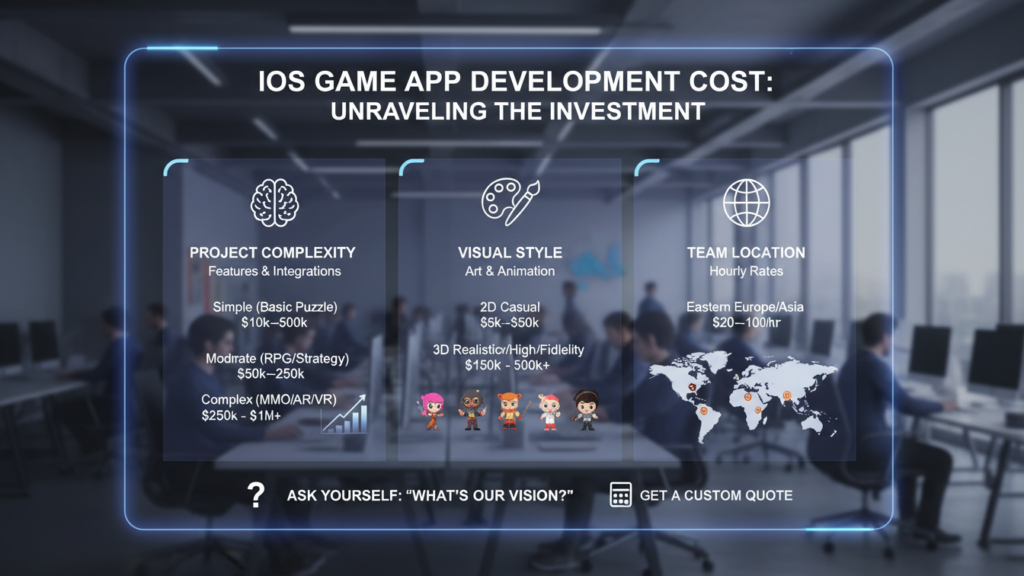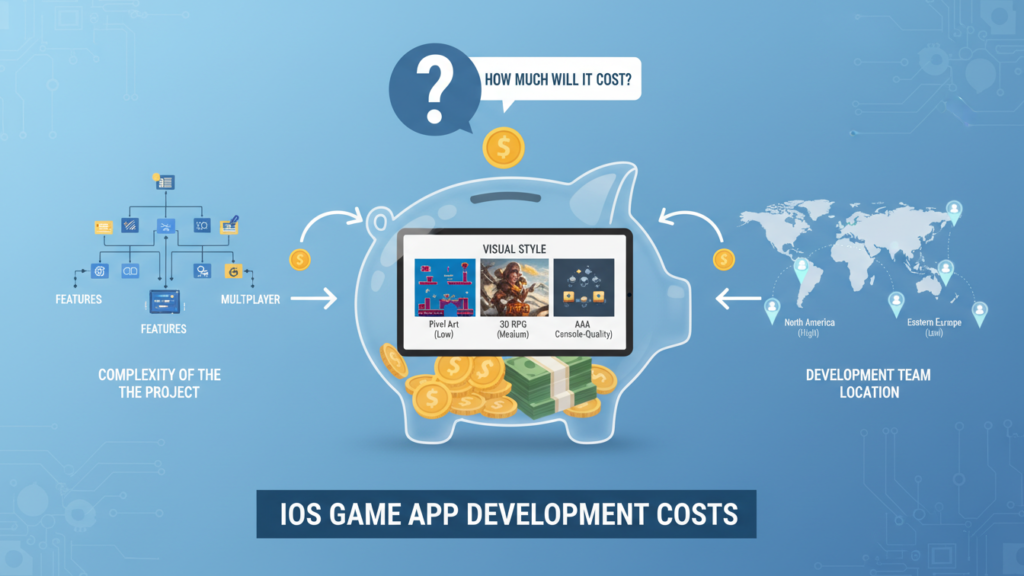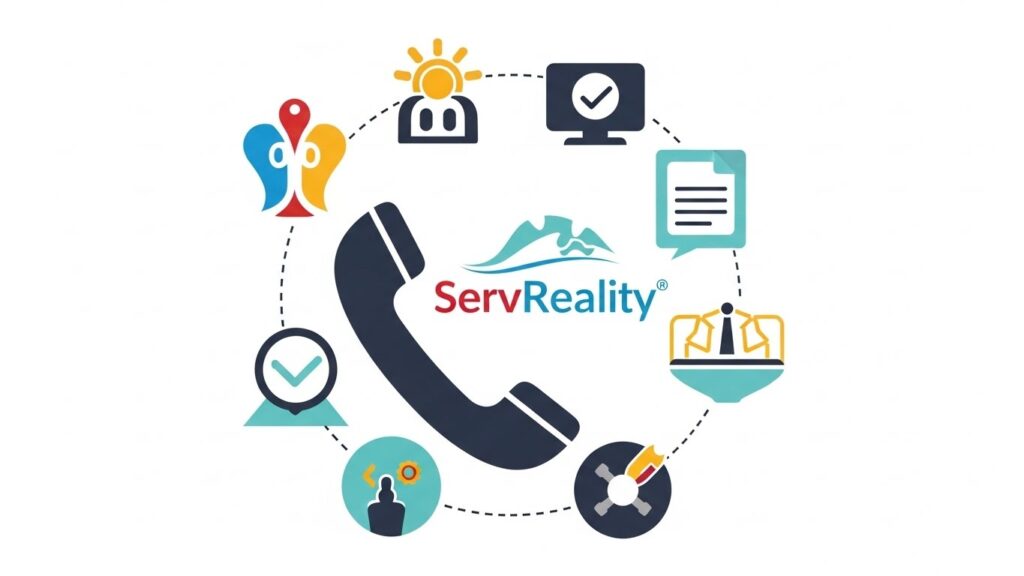1. Understand the different types of mobile app development
The first step in hiring a mobile app developer is understanding the different types of app development that are available. Mobile app development can be divided into three main categories: native, hybrid, and cross-platform. Each type of development has its own advantages and disadvantages, and it’s important to choose the right one for your project.
Native apps
Native apps are developed specifically for either Android or iOS devices, and they offer the best performance and functionality. However, developing a native app can be more time-consuming and expensive than other types of development, as developers need to create separate versions for each platform.
Hybrid apps
Hybrid apps, on the other hand, are developed using web technologies such as HTML, CSS, and JavaScript, and they run in a web view within the app. Hybrid apps can be developed quickly and cost-effectively, but they may not offer the same level of performance and functionality as native apps.
Cross-platform apps
Cross-platform apps are developed using a single codebase that can run on multiple platforms, including Android, iOS, and Windows. Cross-platform apps offer a faster development process and lower costs than native apps, but they may have limited functionality and poorer performance.
2. Determine the scope of your project
Once you have chosen the right type of app development for your project, it’s important to determine the scope of the work that needs to be done. This will help you estimate the time and resources required for the project, as well as the level of expertise needed from the developer.
Some key factors to consider when determining the scope of your project include:
- The features and functionality required in the app
- The target audience and user experience
- The platform(s) on which the app will run
- The level of integration with other systems or APIs
3. Look for experience and expertise
When hiring a mobile app developer, it’s important to look for someone who has experience and expertise in the type of development you need. This can be particularly important if you are working on a complex project that requires specialized knowledge or skills.
Some key factors to consider when evaluating a developer’s experience and expertise include:
- The number of apps they have developed and their success rates
- Their experience with specific programming languages, frameworks, and tools
- Their familiarity with the latest development trends and technologies
- Their ability to communicate effectively and collaborate with other team members
4. Check for references and case studies
One of the best ways to evaluate a mobile app developer is to check their references and case studies. This will give you an idea of the quality of their work, as well as their experience and expertise in similar projects.
Some key factors to consider when evaluating a developer’s references and case studies include:
- The number and types of apps they have developed
- Their ability to meet project deadlines and deliver high-quality work
- The level of user engagement and satisfaction with the apps they have developed
- The positive feedback from clients or users
5. Consider the cost and timeline
When hiring a mobile app developer, it’s important to consider the cost and timeline for the project. This will help you budget effectively and ensure that the project stays on track.
Some key factors to consider when evaluating the cost and timeline for a project include:
- The hourly rate or fixed price for the project
- The estimated duration of the project
- Any additional costs, such as testing, deployment, or maintenance
- The level of flexibility and availability from the developer
FAQs

Q: What is the difference between native and hybrid app development?
Native apps are developed specifically for either Android or iOS devices, while hybrid apps are developed using web technologies and run in a web view within the app.
Q: What factors should I consider when determining the scope of my project?
Some key factors to consider include the features and functionality required in the app, the target audience and user experience, the platform(s) on which the app will run, and the level of integration with other systems or APIs.
Q: How can I evaluate a developer’s experience and expertise?
You can evaluate a developer’s experience and expertise by looking at their portfolio, references, and case studies, as well as their familiarity with the latest development trends and technologies.
Q: What should I consider when evaluating the cost and timeline for my project?
You should consider the hourly rate or fixed price for the project, the estimated duration of the project, any additional costs, and the level of flexibility and availability from the developer.
Summary
Hiring a mobile app developer is an important decision that can have a significant impact on the success of your project. By understanding the different types of app development, determining the scope of your project, looking for experience and expertise, checking for references and case studies, and considering the cost and timeline, you can ensure that you hire the right developer for your needs. Remember to always prioritize quality and user experience when developing a mobile app, as this will ultimately drive success and engagement.



